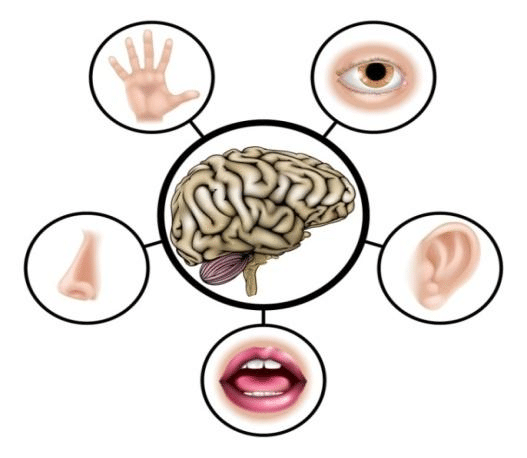FWP:
SETS ==
MAGAR
INDEPENDENCE: {9,1}
SPEAKING: {14,4}
For background see S. R. Faruqi's choices. This verse is NOT one of his choices; I thought it was interesting and have added it myself. For more on Ghalib's unpublished verses, see the discussion in {4,8x}.
The beloved is obviously willing to rely on the usual communicative means, since she asks a question, and expects to hear an answer. But the speaker has extraordinary scruples, or diffidence, or visions of radical autonomy: he can't stand to be a debtor or beggar or supplicant before 'speech and hearing'-- he has no 'mind' for it. And of course, with amusing wordplay, he has no 'nose' for acts that involve the 'mouth' and 'ears'. Ultimately, the speaker has no 'mind' to answer questions about the 'heart'.
His radical autonomy apparently deprives him of the chance to communicate with the beloved-- a contretemps that seems to happen fairly often (see {115,7} for another example.)
For more verses with clever wordplay on dimaa;G , see {11,2}.

Asi:
Although the beloved had asked about the situation of our heart, still we had no mind for speaking and hearing, such that we would express the situation, and take up the burden of indebtedness to speaking and hearing.
== Asi, p. 52